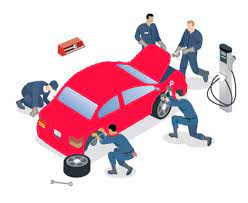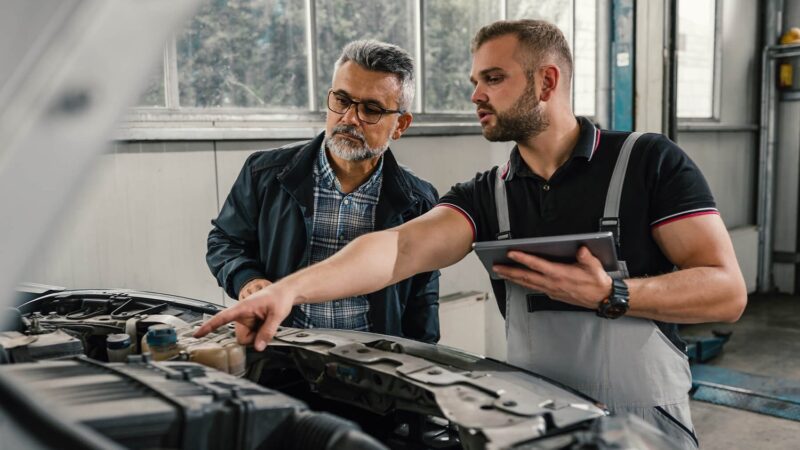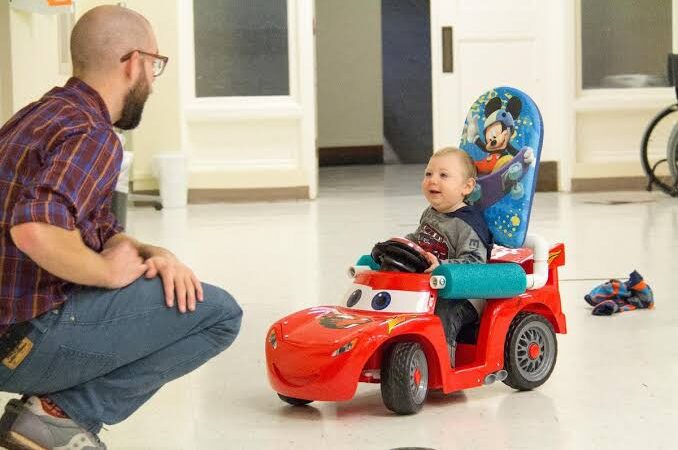How To Be A Green Driver
Ways to be A Green Driver
However much we wish to become more environmentally conscious, it can sometimes feel like a lot of effort! Some things we do, such as owning a car, are very harmful to the environment – but living without a car is not an option for most people. So if you’d like to make some small changes in order to go ‘green’ then why not follow a few of our ‘green driver’ tips below about How To Be A Green Driver:
1. Consider carpooling

Whether you call it a carpool, liftshare, car club or lift exchange, the idea is simple – get as many people into one vehicle to do your journey and you will be saving not only the environment but also money too. Splitting the petrol and parking costs between four people is good for your bank balance, whilst the removal of three other cars off the road is good for not just traffic jams but the environment too.
If you live close to any of your co-workers or work in the same area as any of your neighbours then this is a viable option for you, and you might even find it reduces your commute time too, as many places are now introducing ‘carpool lanes’ which you can only travel in if you have 2 or more people in the car.
2. Plan your journey
Planning your journey can help to save on fuel costs and emissions. Taking the quickest, most direct route and ensuring that you don’t get lost is key to keeping petrol use down. Investing in a sat-nav is a quick way to always know where it is you are travelling to. Planning before you leave home could even make you realise that public transport or walking is a better option too.
3. Choose your fuel carefully
The fuel that cars run off of is one of the deadliest factors for the environment. Choosing the right fuel for your car can help to reduce this disastrous effect. The premium priced fuels on offer at petrol stations may seem pointless, but actually they can be more efficient than a cheaper fuel. If you run a diesel car then you are already choosing a better fuel as diesel is widely considered to be more economical than petrol.
4. Buy A Green Car
There are alternatives to using traditional fuels and buying a traditional car. Fuels such as hydrogen fuel cells, biodiesel, ethanol and compressed gas offer choice to drivers, and why not invest in a hybrid car which can run on both electricity and fuel. If you fancy a completely electric car then remember that in the UK (where energy generation is mostly produced by gas or renewable resources) electric cars are seen to equate to the top performing hybrid cars, but in Norway, Switzerland and Brazil where electricity is cleaner, electric cars are far superior to any other type of car.
5. Keep Your Tyres Inflated
Under inflated tyres can lead to a massive loss of fuel. Ensuring your tyres are fully pumped up is a easy way to save the environment.
6. Drive lighter
Driving with excess weight in your car means that your car is taking more fuel to reach a faster speed. This waste of fuel and money can be eradicated by only carrying heavy items, roof bars and boxes when absolutely necessary.
7. Only Drive When Necessary
If you could walk or cycle your journey, then do! Or consider taking the train or the bus – public transport can often be quicker with things like bus lanes allowing avoidance of worst affected areas of heavy traffic.
8. Make one big trip
From a fuel efficiency point of view, its more efficient to make one long trip than lots of little ones. If you have the option of sitting in traffic or taking a long back road, take the longer journey.
9. Don’t Drive Too Close
Most people follow the ‘two second rule’ because of safety, but it also allows you to drive more efficiently by lessening your need to accelerate and then sharply break, and so on. Having an awareness of what the drivers around you are doing also allows you to time your acceleration and braking at junctions, roundabouts and traffic lights too.
Biography:
Craig Miller is an auto blogger who often writes on behalf of Show Plates Direct, a show plates and replacement number plate manufacturer. His knowledge covers all automotive topics, but he specialises in eco-friendly driving and fitting number plates.



